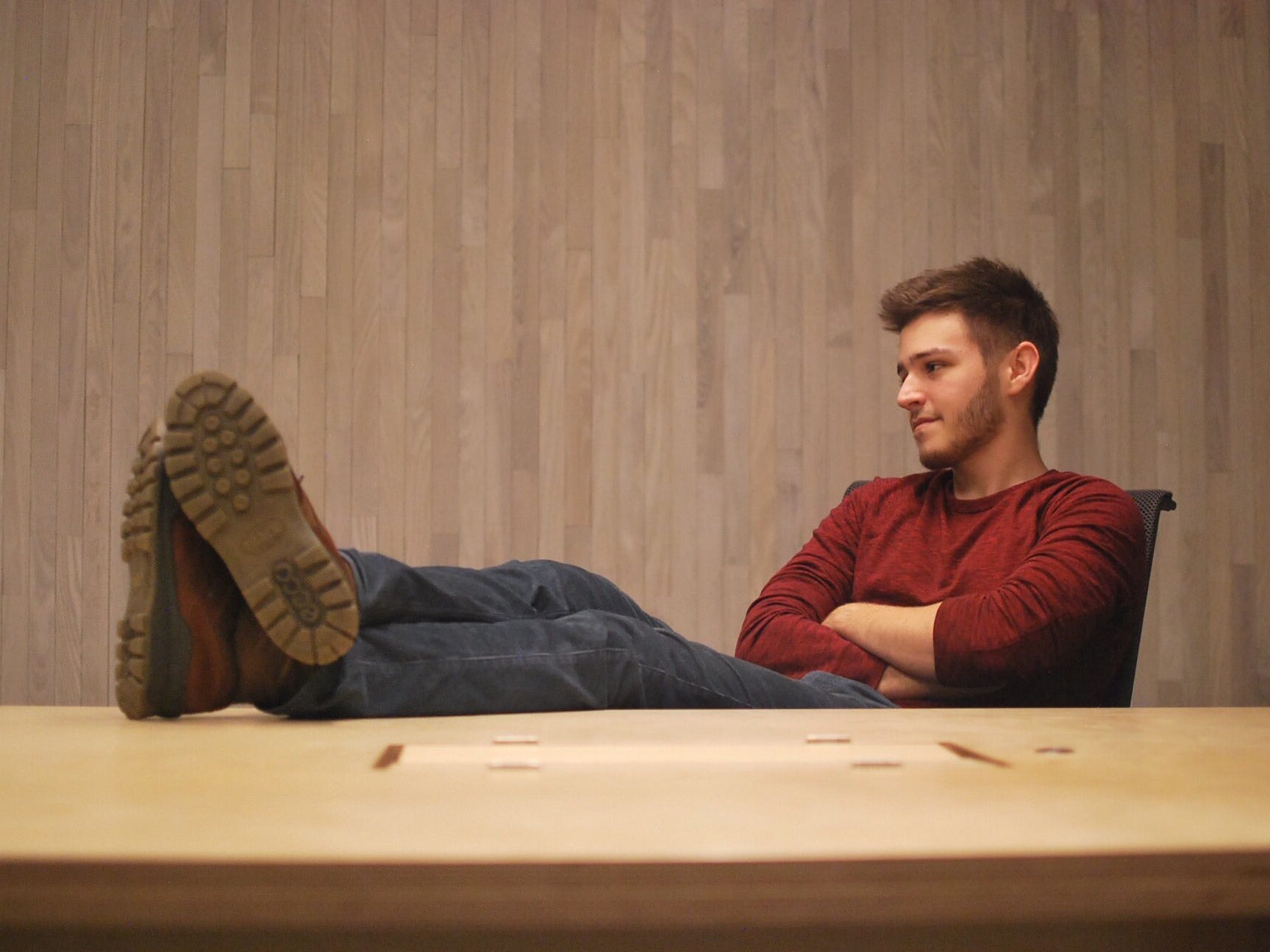- 24-year-old engineer Michael Sayman is leaving Google to join hot gaming platform Roblox.
- Sayman is well-known for being hired to Facebook as an intern by Mark Zuckerberg at the age of 17, then a full-time role, before leaving to work for Google aged 21.
- Sayman will now pick up his lifelong passion for gaming with a new role at Roblox, where he will help build out the platform’s social gaming capabilities.
- He told Business Insider he cottoned onto Roblox’s popularity after having a day at the theme park with his sister, and noticing that all the kids were playing Roblox games on their devices.
Michael Sayman, one time Facebook’s teen-in-residence, is leaving his current role at Google to join hot gaming company Roblox.
Sayman and Roblox both confirmed the move.
Sayman was famously hired by Mark Zuckerberg as an intern when he was 17 after creating a hit game, 4 Snaps, that caught the Facebook CEO’s eye. He took up a full-time role at the firm at the age of 18. He went on to convince Mark Zuckerberg that it was worth taking Snapchat seriously as a competitor and building out Instagram Stories. He left Facebook in the summer of 2017 to take a role at Google, aged 21.
Bloomberg reported in 2018 that Sayman was working on a social gaming firm while at Google, called Arcade.
Now 24, Sayman wants to return his first love: Gaming. He will join the firm as a senior product manager for social, working with product and operations VP Matt Kaufman and senior director of product, social, Morgan Tucker.
"Roblox as a gaming platform is looking to bring me onboard to help build out the future of social on its platform," Sayman told Business Insider.

Roblox does boast some social tools, Sayman said, but his goal is to help boost their usage for educational and creative purposes.
At Facebook, Sayman "was one of the people at the company that worked heavily with the executive team to build out an understanding of Snapchat, Stories, and what we could build there to tackle a shift in Facebook's content production, and consumption on apps like WhatsApp and Instagram."
This understanding of how young people operate on social media, plus his childhood love of social games, is why he's joining Roblox.
"I got my start by playing Club Penguin, it helped me learn to express myself and become who I became," he continued. "I learned to program ... I was shy at school, and found it harder to make friends at school, so from there I started building games as a kid.
"I see an opportunity in the intersection of these two things - to have a product where people can express themselves and have fun. It's also a bit of my own personal mission, to help other kids have that same opportunity."
Roblox was founded in the US in 2006 by CEO David Baszucki, and the late Erik Cassel. The gaming platform has been quietly growing in popularity and has been supercharged by the pandemic, boasting 31 million daily active users in September this year.
Unlike titles like "Fortnite" Roblox is not itself a game, but a collection of millions of child-friendly games created by its community of developers. The platform itself is free, but offers a paid virtual currency called Robux.
The firm filed for IPO in November, revealing revenue growing 68% to $589 million in the nine months to September 30. Its net loss also grew to $203 million over the same period, from $46 million the prior year.
However, Roblox has delayed its IPO to 2021 after seeing first-day trading spikes for the Airbnb and DoorDash floats this month.
Roblox has flown somewhat under the media radar. Sayman said he cottoned onto the importance of the company during a visit to a theme park in Orlando with his sister ("I love theme parks") and noticing all the kids were playing Roblox games.
"Every kid had it on their phone," he said. "I remember leaving the park and thinking, 'What is this, how is this happening here at this scale.' Does anyone in Silicon Valley know what this is?"
